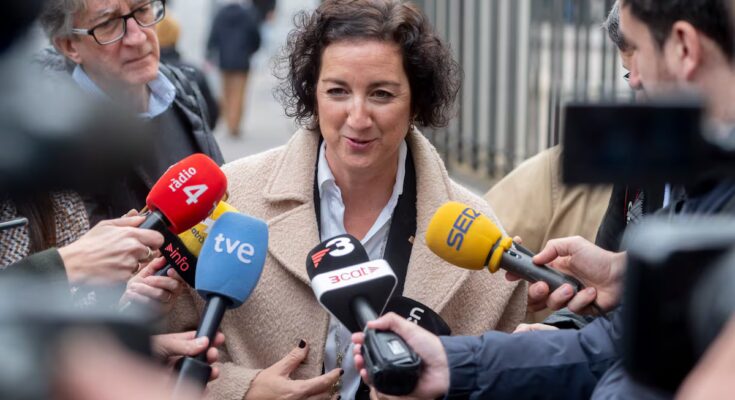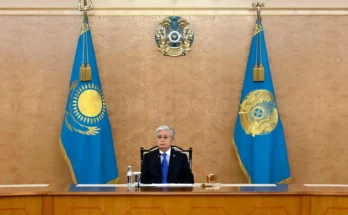The big announcement from the Fiscal and Financial Policy Council (CPFF) meeting, held yesterday in Madrid, has a Catalan derivation. The vice-president of the Government and head of the Treasury, María Jesús Montero, has assured that in two months she will meet again with the economic advisors of the Autonomous Communities to present them the new financing model, based on the single agreement for Catalonia. Esquerra Republicana has placed the existence of an agreement on the second point as a condition for sitting down to negotiate the budgets of the Generalitat for 2026. Therefore, the accounting calendar is subject to a possible delay of at least two months.
“We don’t expect any specificity from the Council because we understand that the financing model is agreed with Catalonia, it is agreed with the ERC. There is no agreement,” ERC spokesperson Isaac Albert said in the press conference after his party’s permanent party meeting this Monday.
Weeks ago, the Catalan Executive had officially accepted that it will no longer have accounts starting from 1 January 2026. The spokesperson of the Executive, Sílvia Paneque, explained that the new challenge is to work to have them in the first quarter of next year. The reason for the delay was the adamant position of the ERC: if it wanted to open negotiations on the accounts, the agreement on the individual financing had to be closed first. An agreement that will have to be the one presented to the CPFF, where it will continue since the Government and the Generalitat have the majority of votes there.
The government and the republicans have been negotiating the terms of the financing for months, deriving from the investiture agreement that allowed the socialist Salvador Illa to become president of the Generalitat. The new model foresees that the Revenue Agency of Catalonia (ATC) collects all taxes maintained in the State, starting with the personal income tax, and establishes an interterritorial solidarity quota and another payment to the State for the services it provides in Catalonia, such as Defence.
From the ranks of the ERC they make it clear that the agreement between the Governments must not coincide with the new meeting of the CPFF. It could happen sooner and, once signed, budget negotiations with the government could begin. Another thing is the time that this negotiation on the details of the issues may require, added to the parliamentary procedure involved in the accounts. Furthermore, in the Catalan case, the minority Executive also needs the votes of the six deputies of the Municipalities, which implies adding the difficulty of a further negotiating front and where the limit is, on its part, respecting the housing agreements.
As part of the negotiation of the model, the Congressional vote on the ATC is also awaited. Only the ERC has registered in the Cortes a text that allows legal changes so that the CCAA that wishes can take the step to have more fiscal obligations, manage and collect more taxes. That vote was supposed to be held last week, and Republicans chose to postpone it until February. One of the big doubts is whether, given the financing agreement, the socialists will also sign the republicans’ text and this will be drawn up jointly.
The government’s Economy Minister, Alícia Romero, said she was satisfied with Montero’s explanations and argued that the system “will guarantee the uniqueness of Catalonia.” The Generalitat accumulates two budget extensions. The last accounts in force were approved in 2023, when Esquerra still had the Generalitat in his hands. Illa promised, once he took office in the summer of 2024, to have the accounts that same year, but opposition from Republicans also frustrated this possibility.



